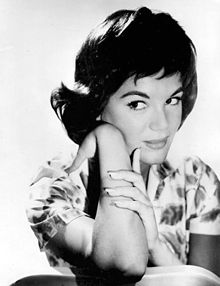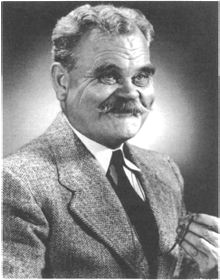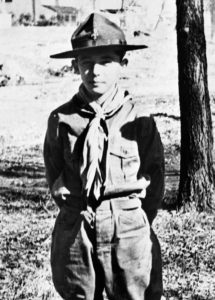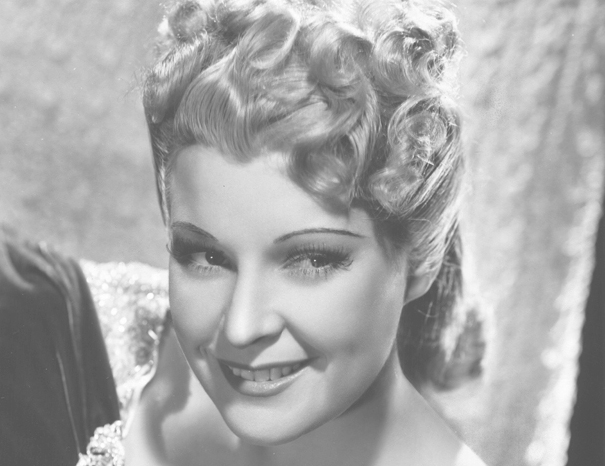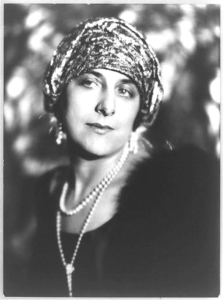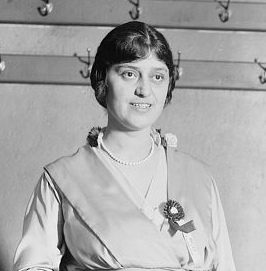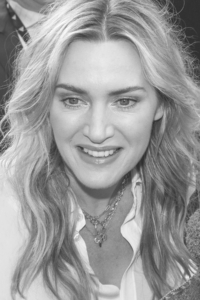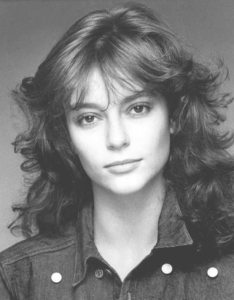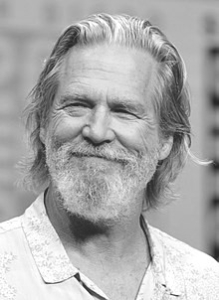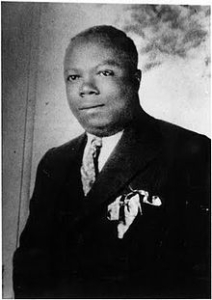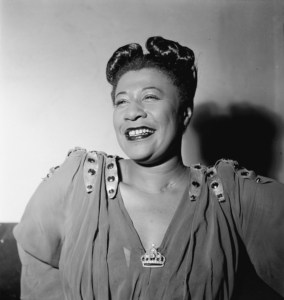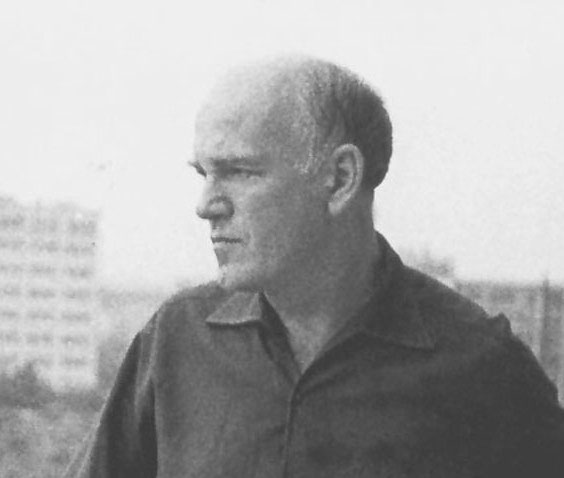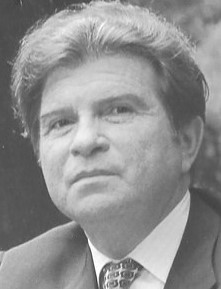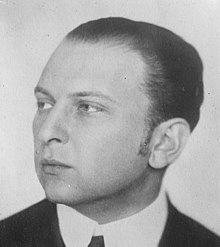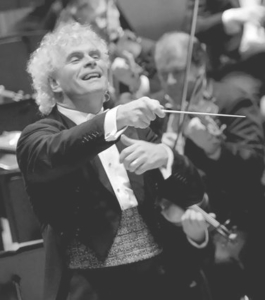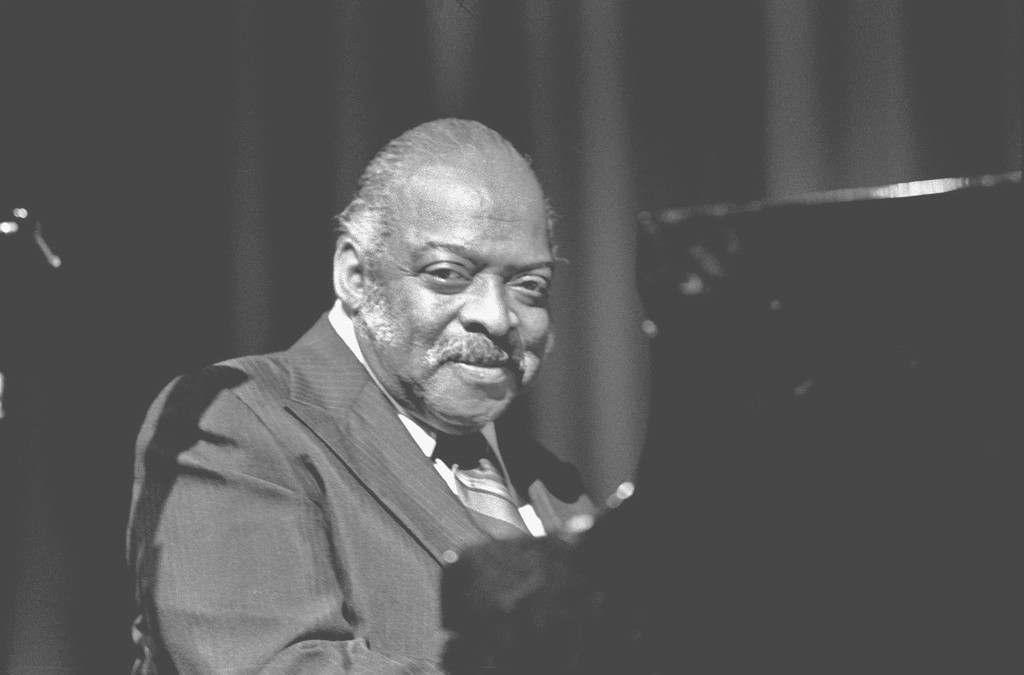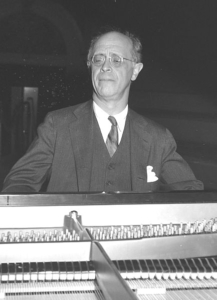REVIEW POTPOURRI: 29 Classics You Should Know
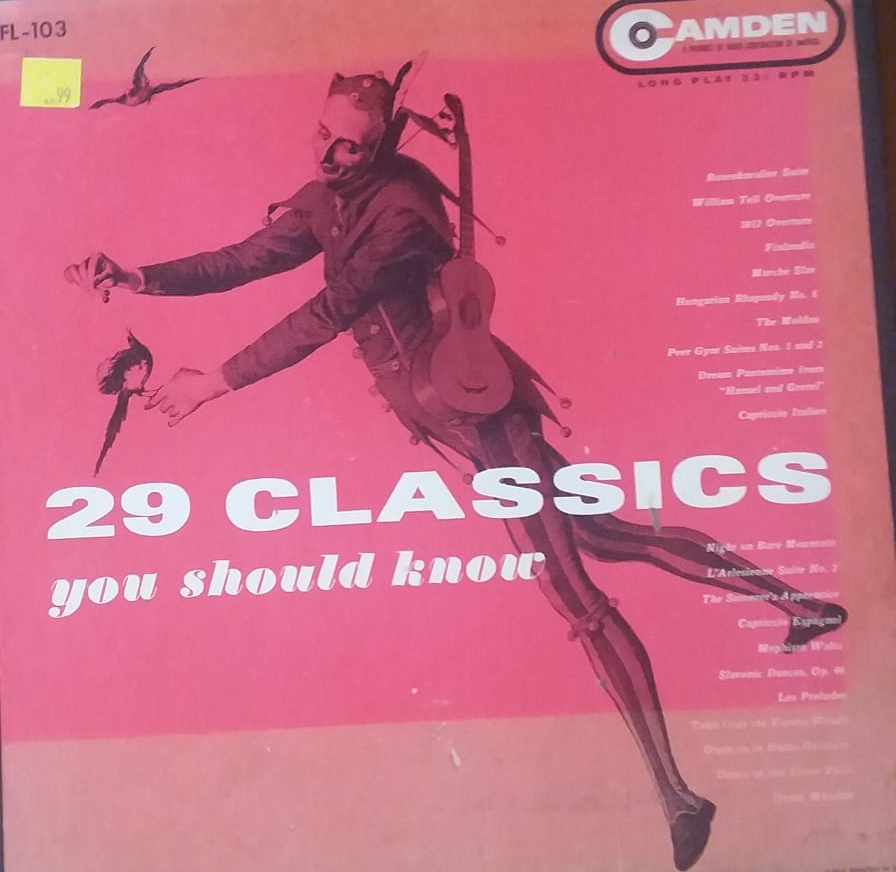
 by Peter Cates
by Peter Cates
29 Classics You Should Know
Various orchestras; RCA Camden CFL-103, six lps of reissues from Victor 78s.
This bargain priced mid-’50s set contained very good performances and, for their day, quite decently recorded sound. The list of orchestras on the record labels contain the actual names for some pieces, and pseudonyms, due to strange contractual considerations, for other orchestras. Information on each item will be provided as concisely as possible.
Pseudonyms with real names in parentheses:
Cromwell Symphony (Cincinatti Symphony conducted by Eugene Goosens) – Richard Strauss Rosenkavalier Waltzes and Grieg 1st Peer Gynt Suite.
Warwick Symphony (Philadelphia Orchestra with Leopold Stokowski for Sibelius Finlandia, Moussorgsky Night on Bald Mountain, Dukas’ Sorcerer’s Apprentice, Johann Strauss Tales from the Vienna Woods, R. Strauss Salome’s Dance of the Seven Veils and Saint-Saens Dance Macabre; and Eugene Ormandy conducting Liszt Les Preludes.).
Star Symphony (Hollywood Bowl Symphony with Stokowski) – Tchaikovsky Marche Slav.
Carlyle Symphony (Czech Philharmonic/Vaclav Talich) – Dvorak Opus 46 Slavonic Dances.
The other items:
Arthur Fiedler, Boston Pops – Rossini William Tell Overture; Tchaikovsky 1812 Overture and Capriccio Italien; Bizet 2nd L’Arlesienne Suite; and Rimsky-Korsakov Capriccio Espagnol.
Hans Kindler, National Symphony of Washington, D.C, – Liszt 6rh Hungarian Rhapsody; Smetana Moldau; and Humperdinck Hansel and Gretel Dream Pantomine.
Fabien Sevitzky, Indianapolis Symphony- Grieg 2nd Peer Gynt Suite.T
Serge Koussevitzky, Boston Symphony- Liszt Mephisto Waltz.
Constant Lambert, London Philharmonic – Offenbach Orpheus in Hades Overture.
In summary, the album gave immense pleasure and some of these recordings may be on YouTube.
I highly recommend the Amazon Prime show, One Mississippi, a semi-autobiographical comedy starring Tig Notaro.
Continuing with RPT Coffin’s Kennebec Crystals:
“The preachers and everybody else in Gardiner and Richmond, Hallowell and Dresden, went to bed that night praying for the snow to hold up and the red blood in the glass to stay down in the ball where it belonged. The river of Henry Hudson was still liquid as it went under the Catskills and down by the walls of the Palisades. God was in His heaven!”
More next week.



